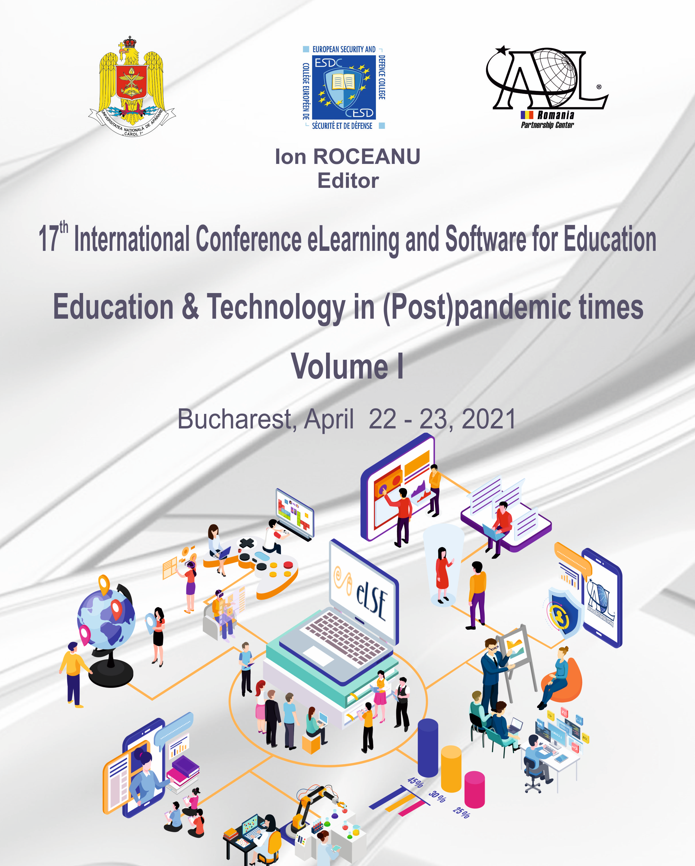ONLINE EDUCATIONAL MODULES, A DO-IT-YOURSELF APPROACH BY DESIGN THINKING
ONLINE EDUCATIONAL MODULES, A DO-IT-YOURSELF APPROACH BY DESIGN THINKING
Author(s): Maria MandeaSubject(s): Visual Arts, Distance learning / e-learning, Pedagogy
Published by: Carol I National Defence University Publishing House
Keywords: design thinking; art learning; do it yourself education; autonomous education; case studies; meta-competencies;
Summary/Abstract: Starting from the assumption that design thinking is a crucial meta-competency for an individual in today's (and tomorrow's) society, this paper aims to explore how it can be developed in non-design professionals and form an inclusive design practice through the pedagogy of craft-based design. Craft based design is an essential part of professional design practice and a growing activity among amateurs and art enthusiasts. As opposed to industrial design, in this type of design, the designer or the planner is also the maker. It is iterative in the sense that it is a repetitive practice that evolves with every new iteration, every new product. The paper follows the experience of creating an online course in toy design and discusses how this process can develop design-related skills in the participants. The case study is an e-learning solution through video content distributed online. It is addressed to teachers looking to assimilate practical, creative skills for their educational process and beginners in design looking to try out a new skill. The paper expands this experience to include the recent development in online courses in art and do-it-yourself areas by following the expansion of this type of art teaching through dedicated websites and platforms. It argues that these online creativity courses can be considered a new form of popular art schools that teach not only the precise topic they are created for but also a way of thinking characteristic to design. Artistic learning for non-professionals is developing meta-competencies that they can apply in other fields. Although guided through online classes, the students gain skills through an autonomous artistic practice. They assimilate concrete skills through a do-it-yourself education, this being the main focus of the present research.
Journal: Conference proceedings of »eLearning and Software for Education« (eLSE)
- Issue Year: 17/2021
- Issue No: 01
- Page Range: 438-445
- Page Count: 8
- Language: English

